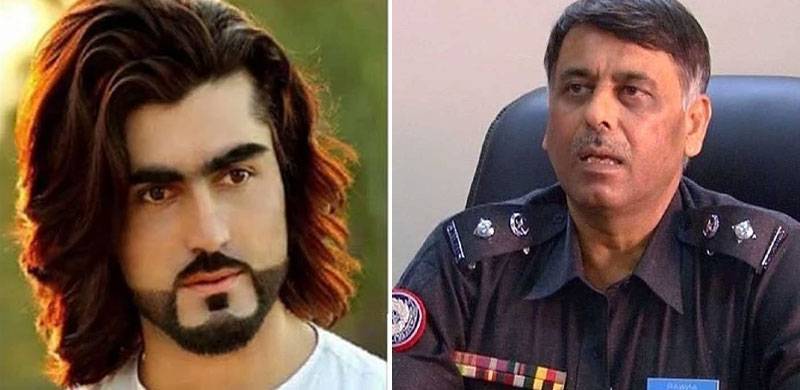
It took the Anti-Terrorism Court in Karachi five long years to decide Naqeebullah Mehsud’s murder case. At the end, the short verdict issued by the court has shaken public confidence in the country’s judicial system.
Naqeebullah, a 24-year-old Pushtun man hailing from South Waziristan, who aspired to be a fashion model, was gunned down in Karachi’s outskirts in an extrajudicial encounter on Jan 13, 2018. He, along with three others, were mistaken to be militants with links to Taliban.
However, the prime suspect, former Malir SSP Rao Anwar, and 17 others got acquitted on January 23, 2023 – because, in the ATC judge’s considered view the prosecution “failed to bring home guilt of the accused beyond any reasonable doubt and for giving benefit of doubt to an accused it is not necessary that there should be many circumstances creating doubt,” stated the court’s detailed judgment.
The verdict pronounced by the judge inside the heavily guarded Karachi’s Central Prison, in the presence of mediapersons and police officers, further stated that one single circumstance leading towards the real doubt is sufficient to acquit the accused.
Observers of Naqeeb’s case were not surprised by the court verdict because over the course of the trial they had seen witnesses retract their statements. “This verdict sounds strange,” said Naeem Sahoutara, a reporter associated with the Dawn. “Because, investigators had claimed to have sufficient evidence against the cops. They had produced sufficient forensic and other evidence before the judge during the trial.”
“This verdict sounds strange,” said Naeem Sahoutara, a reporter associated with the Dawn. “Because, investigators had claimed to have sufficient evidence against the cops. They had produced sufficient forensic and other evidence before the judge during the trial.”
Although the judge extended benefit of doubt to accused Rao Anwar, he issued perpetual warrant against seven absconding policemen through SHO concerned. Thus the entire burden of the encounter killings has been shifted on to seven absconding policemen, who are supposed to be tried whenever they are arrested. Herein, said Sahoutara, is the clue. “Considering these men are still absconding, it is probable that they shot Naqeeb and three others. Why else are they kept in hiding?”
Staged shootouts were once a common practice in the city of Karachi. The police officials would privately admit of deliberately staging encounters to kill suspected militants or criminals – mainly on the pretext of maintaining peace and in the absence of a strong judicial system. In those dark days, Rao Anwar was known as an encounter specialist.
Based on statistics presented by Zoha Waseem in her book, 'Insecure guardians: enforcement, encounters and everyday policing in postcolonial Karachi’, 3416 persons were killed in extrajudicial killings by law enforcement agencies between 2007 and 2018.
“Police and other law enforcement agencies started practicing encounter killings in Karachi and Hyderabad in dealing with ethno-political violence in late 1980s,” said Zia Ur Rehman, an independent journalist and researcher based in Karachi.
It is no secret that Rao’s powerful backers have protected him. “The fact that the then Chief Justice of Pakistan, Mian Saqib Nisar, asked him to surrender before the court and directed the police to facilitate his appearance before the court shows that his backers are powerful,” said Naeem Sauhotara. “He managed to avoid arrest for two months after the incident, when he finally appeared before the court in Islamabad.”
Immediately after Naqeeb’s death, his case became high profile, as it highlighted infamous encounter killings by law enforcement agencies in Karachi as well as rest of the country. The social media relentlessly expressed anger over his extrajudicial killings – and kept the case alive. Significantly, “Naqeeb’s killing led to the creation of the Pashtun Tahafuz Movement (PTM), a nationwide movement that shook the country,” said Zia Ur Rehman.
AGHS Legal Aid Cell, co-founded by Asma Jehangir, tweeted: “Asma Jahangir's last speech before her death was at Pakhtun long march in Islamabad where she demanded the arrest of the police officials responsible for the extra-judicial murder of Naqeebullah Mehsud… Our legal system must not allow those with power and authority to evade justice.”
https://twitter.com/Asma_Jahangir/status/1617554958576156672

